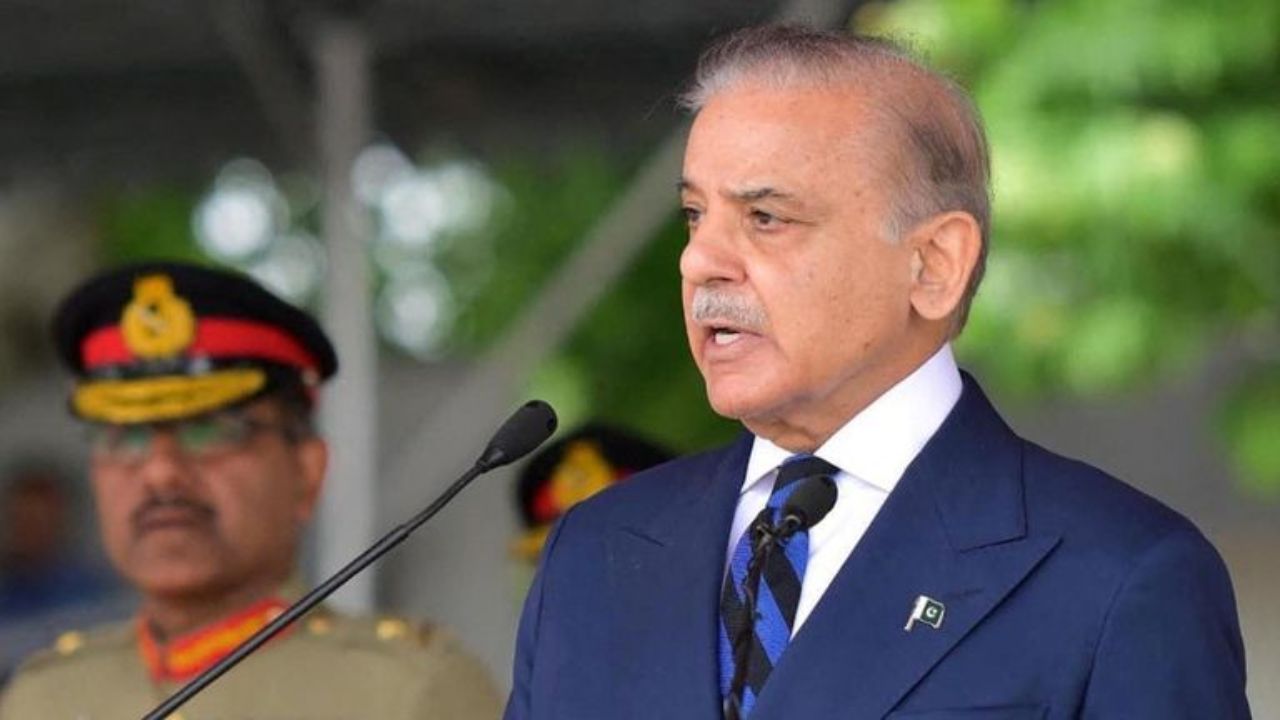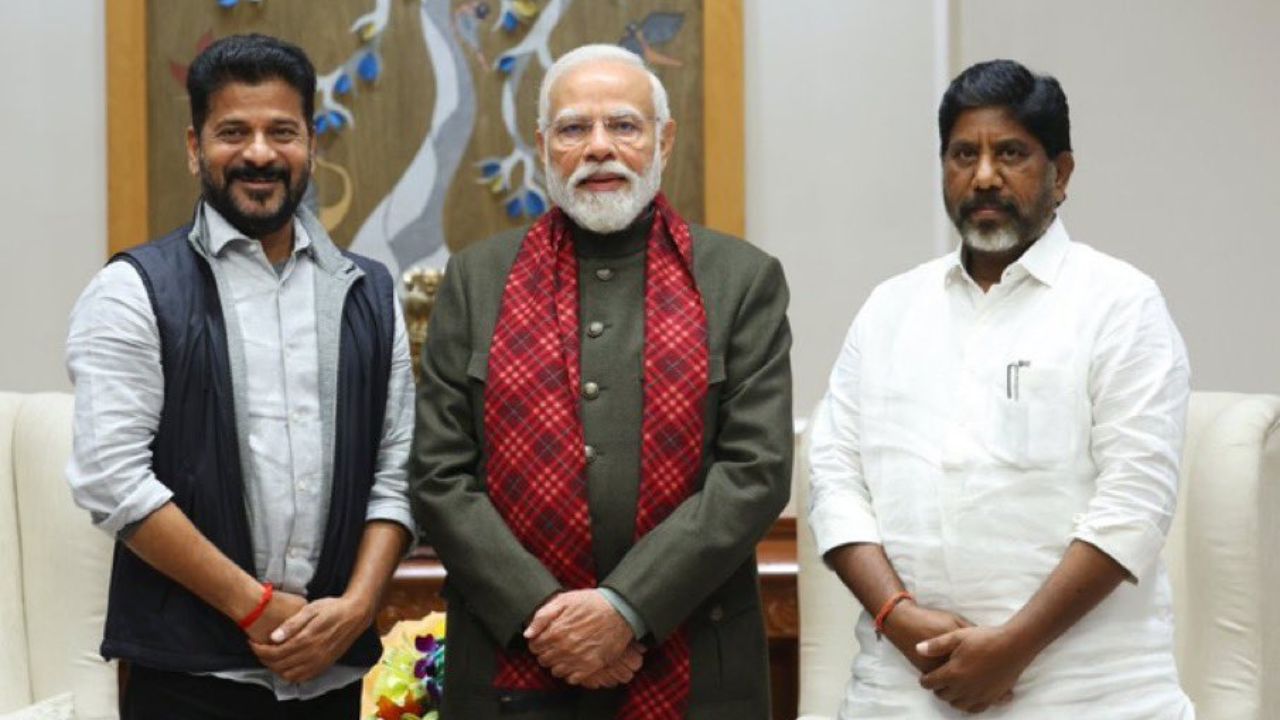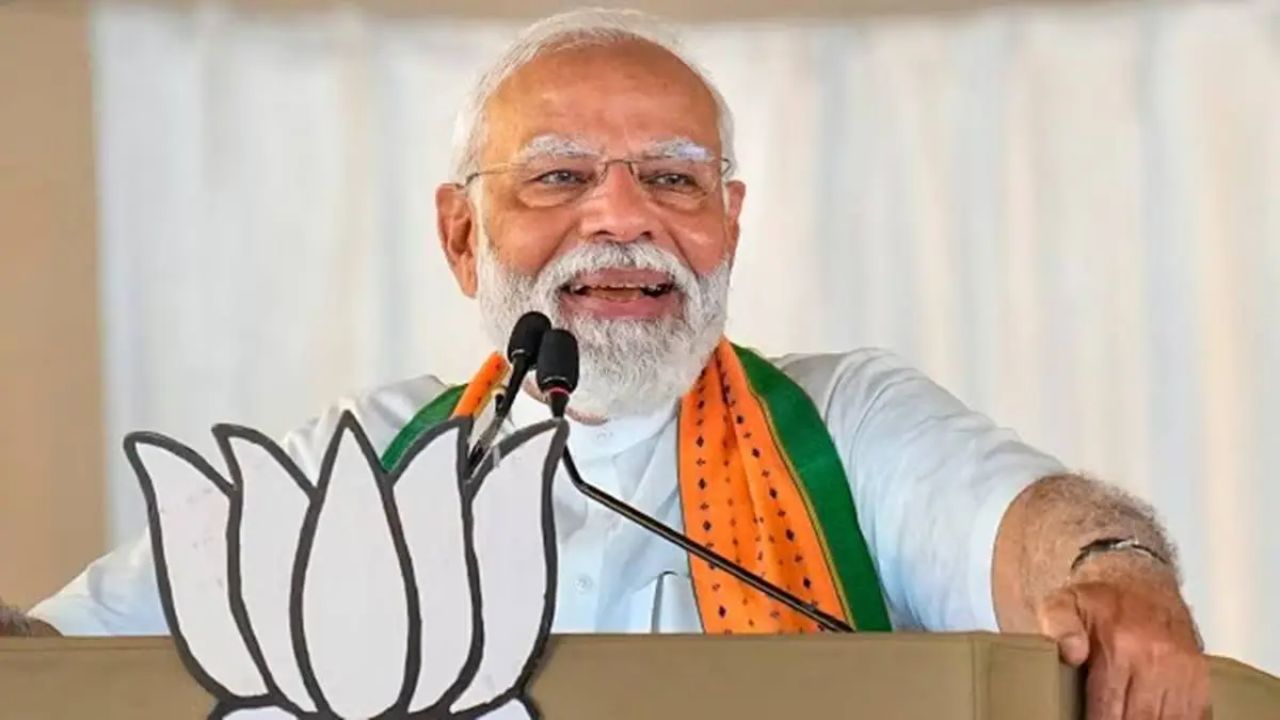As Karnataka revokes its general consent for the Central Bureau of Investigation (CBI), which other states have followed a similar path?
The Karnataka government withdrew its general consent for the Central Bureau of Investigation (CBI) on Thursday, making it the eighth state to do so. Other states that have taken similar action include Punjab, Jharkhand, Kerala,

The Karnataka government withdrew its general consent for the Central Bureau of Investigation (CBI) on Thursday, making it the eighth state to do so. Other states that have taken similar action include Punjab, Jharkhand, Kerala, West Bengal, Telangana, Meghalaya, and Tamil Nadu. With the exception of Meghalaya, all these states are governed by opposition parties at the national level.
Previously, Rajasthan, Andhra Pradesh, Mizoram, and Chhattisgarh had also withdrawn their consent but later reinstated it after changes in government. Most of these withdrawals have occurred since the Narendra Modi administration came to power. In 2018, the Supreme Court noted that such withdrawals created a “not desirable position.”
Historically, the withdrawal of general consent is not a new phenomenon. States like Sikkim, Nagaland, Chhattisgarh, and Karnataka have opted for this measure at different times, with Karnataka doing so multiple times under various administrations.
In 1998, the Janata Dal government, led by Chief Minister J.H. Patel, first withdrew general consent for the CBI in Karnataka. The subsequent Congress government under S.M. Krishna chose not to revoke this order. At the time, Mallikarjun Kharge, who is currently the Congress national president, served as the state Home Minister. An officer from the CBI at that time noted that for eight years, the CBI had to seek state government permission for every case and search involving central government employees.
Unlike the National Investigation Agency (NIA), which operates under The NIA Act of 2008 and has jurisdiction across India, the CBI is governed by The Delhi Special Police Establishment (DSPE) Act of 1946. This means the CBI must obtain consent from the state government before investigating crimes within a state. Such consent can be either general or case-specific.
Generally, states grant “general consent” to facilitate CBI investigations into corruption cases involving central government employees. Most states have traditionally provided this consent to prevent the need for the CBI to seek permission for each investigation, which would impede its operations.
The trend of withdrawing consent began during the Modi government, with Mizoram being the first state to do so in 2015, while the Congress was in power. Although the Mizo National Front (MNF), an ally of the NDA, later took power, they did not restore consent until December 2023.
In November 2018, West Bengal, under Mamata Banerjee, withdrew its general consent, following Andhra Pradesh, which made a similar decision under then Chief Minister N. Chandrababu Naidu. Banerjee criticized the BJP for allegedly using the CBI for political vendetta.
After the transition to Y.S. Jagan Mohan Reddy’s government in Andhra Pradesh, consent was restored, continuing under the current administration. In January 2019, Chhattisgarh’s Congress government withdrew its consent, followed by Punjab, Maharashtra, Rajasthan, Kerala, and Jharkhand in 2020. In 2022, Telangana, governed by the Bharat Rashtra Samithi (BRS), also withdrew consent.
Recently, Maharashtra reinstated CBI consent in 2022 after the fall of the Uddhav Thackeray-led Maha Vikas Aghadi government, while Chhattisgarh restored it in December 2023 after a BJP government took over. Rajasthan followed suit in January this year following a shift in government.
When withdrawing consent, states have commonly cited concerns that the central government was using the CBI to unfairly target political opponents. Accusations regarding the CBI’s impartiality have intensified, particularly since the 2018 amendments to the Prevention of Corruption Act, which enhanced the Centre’s power over the agency.
The 2018 amendments to Section 17A of the Act now require the CBI to seek the Centre’s permission before registering corruption cases against government employees, a change that has significantly reduced the agency’s scope. Consequently, the number of corruption cases filed by the CBI dropped by over 40% between 2017 and 2019.




